

2017-12-01 06:30:00 Fri ET
technology social safety nets education infrastructure health insurance health care medical care medication vaccine social security pension deposit insurance
Dr Kai-Fu Lee praises China as the next epicenter of artificial intelligence, smart data analysis, and robotic automation. With prior IT careers at Apple, Microsoft, and Google, Dr Kai-Fu Lee discusses economic inequality as the primary threat of artificial intelligence in the modern era of digital technology. In a recent issue of New York Times, his op-ed article suggests that the key to success for most algorithmic machine learners is the sheer volume of smart data. Computational strength begets better smart data analysis, which then attracts more talents and funds that flow into the subsequent smarter data analysis with a larger network of active users and hot spots.
This virtuous cycle amplifies the computational strength of artificial intelligence. As both income and wealth gravitate toward the most productive use of human capital and computer equipment, economic inequality concentrates both power and money in the hands of a few elites and oligopolies such as Facebook, Apple, Microsoft, Google, and Amazon (FAMGA) in America and Baidu, Alibaba, and Tencent (BAT) in China. For this reason, we need to rethink economic inequality on a global scale.
If any of our AYA Analytica financial health memos (FHM), blog posts, ebooks, newsletters, and notifications etc, or any other form of online content curation, involves potential copyright concerns, please feel free to contact us at service@ayafintech.network so that we can remove relevant content in response to any such request within a reasonable time frame.
2018-08-21 11:40:00 Tuesday ET
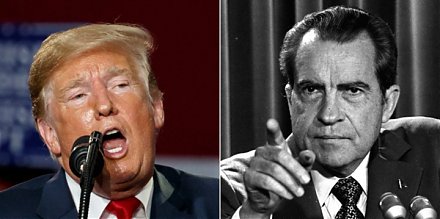
President Trump criticizes his new Fed Chair Jerome Powell for accelerating the current interest rate hike with greenback strength. This criticism overshado
2019-08-28 14:46:00 Wednesday ET
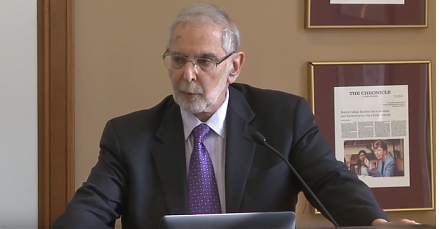
Santa-Barbara political economy professor Benjamin Cohen proposes new fiscal stimulus to complement the current low-interest-rate monetary policy. Cohen fin
2023-09-14 09:28:00 Thursday ET

Colin Camerer, George Loewenstein, and Matthew Rabin assess the recent advances in the behavioral economic science. Colin Camerer, George Loewenstei
2018-10-07 13:39:00 Sunday ET
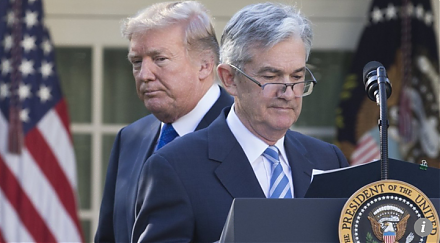
The U.S. greenback soars in value as the Federal Reserve continues its interest rate hike. With impressive service-sector data and non-farm payroll wage gro
2019-01-11 10:33:00 Friday ET
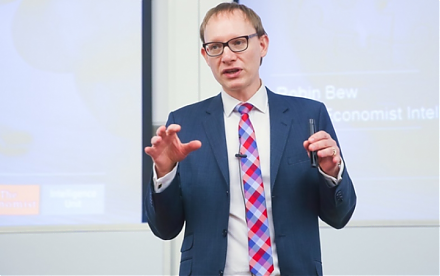
The Economist Intelligence Unit (EIU) continues to track major business risks in light of volatile stock markets, elections, and geopolitics. EIU monitors g
2023-09-21 09:26:00 Thursday ET
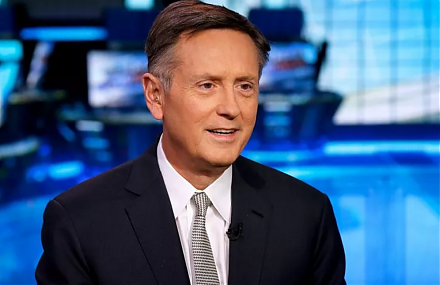
Jordi Gali delves into the science of the New Keynesian monetary policy framework with economic output and inflation stabilization. Jordi Gali (2015)